
Japanese Prime Minister Shinzo Abe left on Thursday for a four-day visit to the United States, which has attracted extensive attention. The United States has dominated Japan-U.S. relations since the end of the Second World War, and it seems impossible for Japan to influence and even dominate their bilateral relations. However, Japan has indeed done the unthinkable sometimes, especially when it comes to China.
First, Japan has won the support of the United States by catering to its so-called common values. Japanese leaders have reiterated at Japan-U.S. summits that the two countries “have common interests and values,” in order to influence the United States spiritually. After staging the September 18 Incident in 1931, Japan claimed that its presence in Manchuria could prevent the region from falling under Soviet control, and beguiled the Hoover administration into adopting a policy of appeasement. If Japanese leaders take China as a strategic rival, it is likely to gain U.S. support again through “values diplomacy.”
Second, Japan has influenced U.S. policies by misleading influential U.S. researchers on critical facts. A typical example is a grossly misleading report released by the U.S. Library of Congress in 1996 that said, “On Jan. 14, 1895, the Emperor of Japan issued an edict that the Senkaku Islands belong to Japan.” In fact, there was not such an edict. The Japanese government led by Prime Minister Ito Hirobumi secretly usurped the Senkaku Islands, known as the Diaoyu Islands in China, on Jan. 14, 1895 after winning the First Sino-Japanese War. It was a shame that U.S. experts were misled by Japan.
Third, Japan has frequently used the San Francisco Peace Treaty and Japan-U.S. Security Treaty to its advantage. Under Article 3 of the San Francisco Peace Treaty, “Japan will concur in any proposal of the United States to the United Nations to place Nansei Islands south of 29 degrees north latitude….under its trusteeship system, with the United States being the sole administering authority.” The islands under U.S. trusteeship do not include the Diaoyu Islands, but Japan insists the opposite is true. While stressing that there is no dispute over the Diaoyu Islands, Japan has asked the United States to protect it if attacked, showing its great influence over U.S. policies.
Fourth, Japan may take advantage of the current tense situation to make the Diaoyu Islands issue dominate the agenda of the Japan-U.S. summit. If Japan can mislead U.S. President Barack Obama to say that the Japan-U.S. Security Treaty applies to the Diaoyu Islands issue, it will be able to play the U.S. card against China, and create a new obstacle to China-U.S. relations. We will just have to wait and see whether the United States will be misled by Japan again.
Read the Chinese version: 看日本如何误导美国, source: People's Daily Overseas Edition, author: Liu Jiangyong
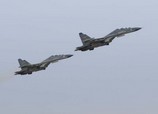


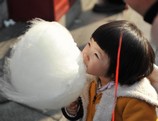
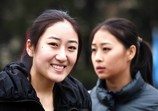
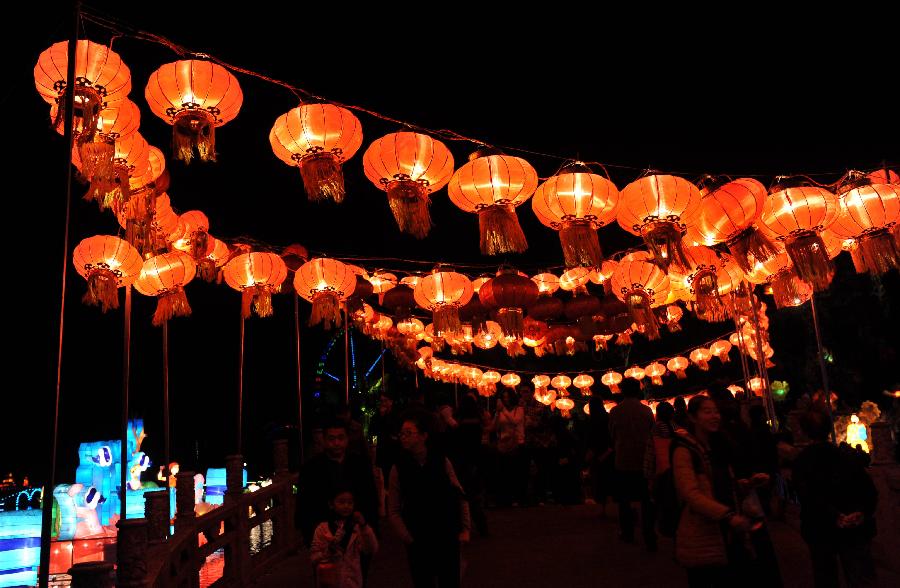



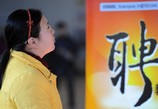






 Attractive boys and girls at an art college's enrollment site in Qingdao
Attractive boys and girls at an art college's enrollment site in Qingdao


![]()
